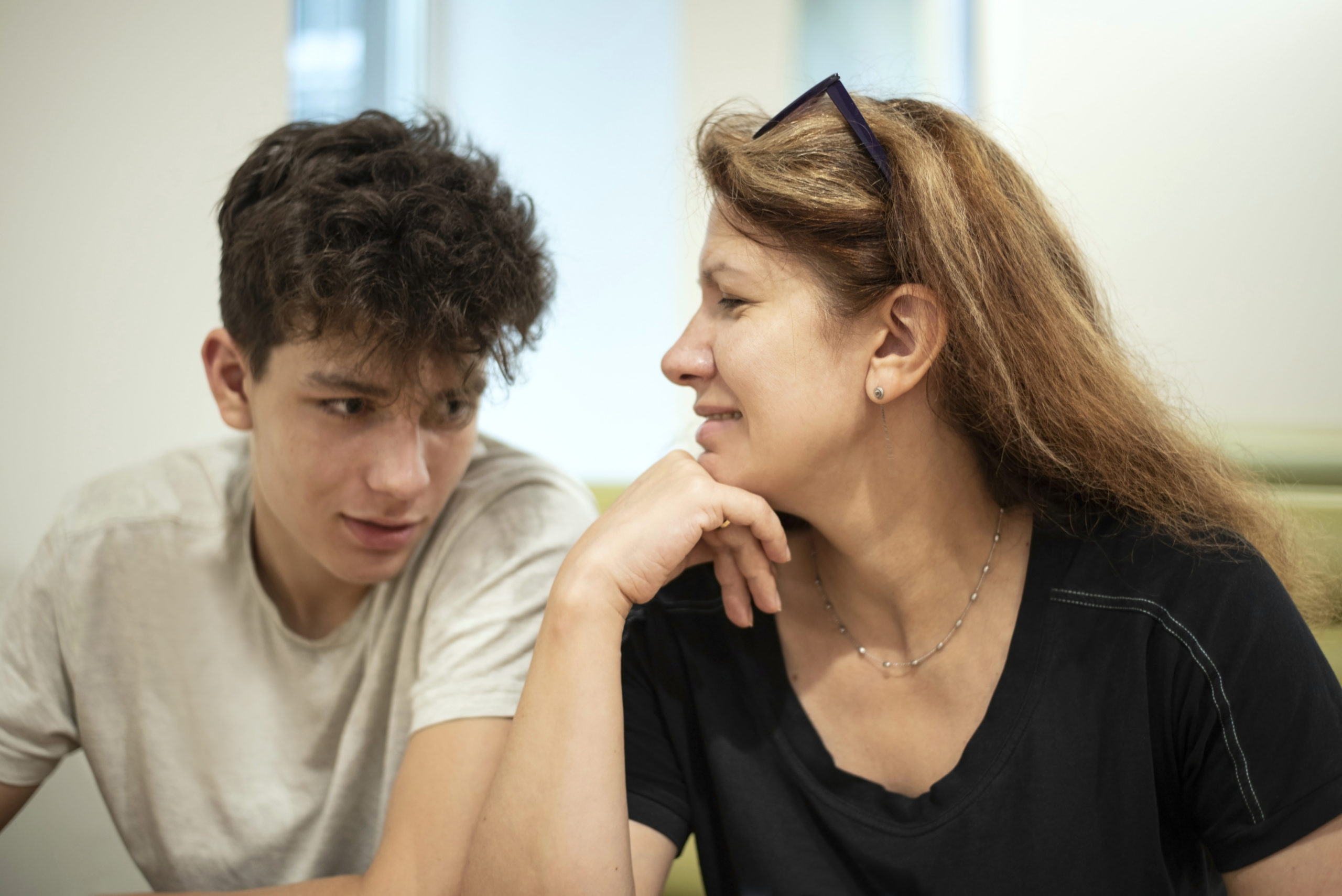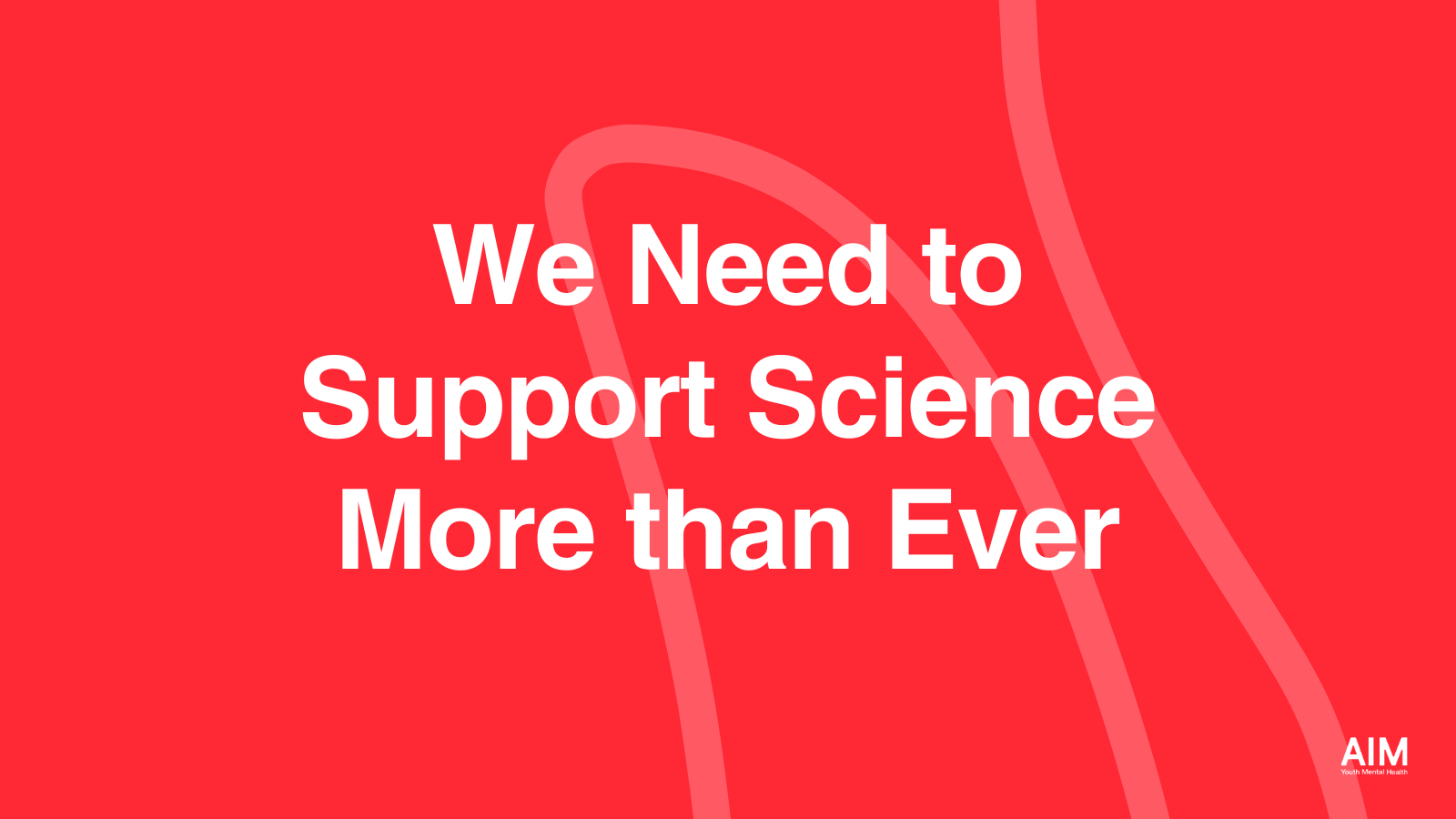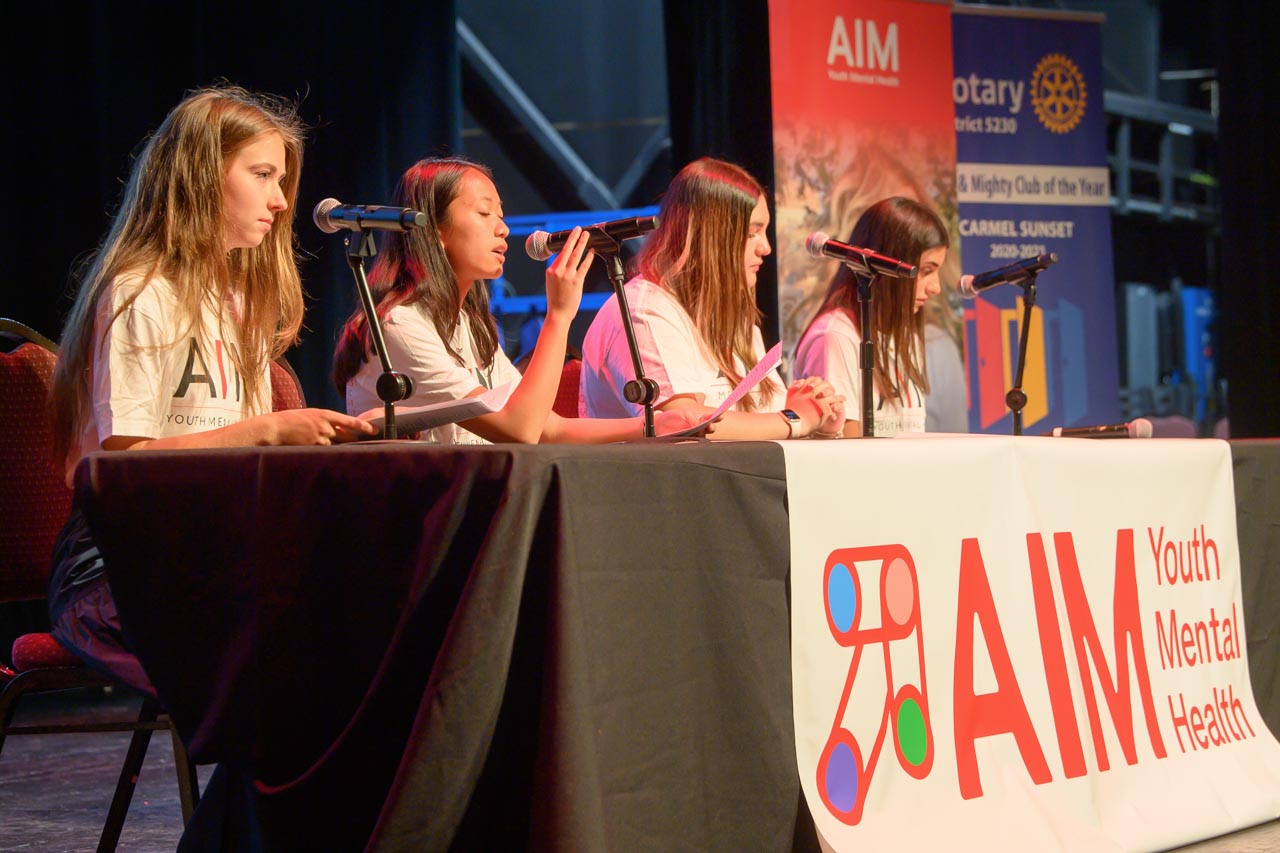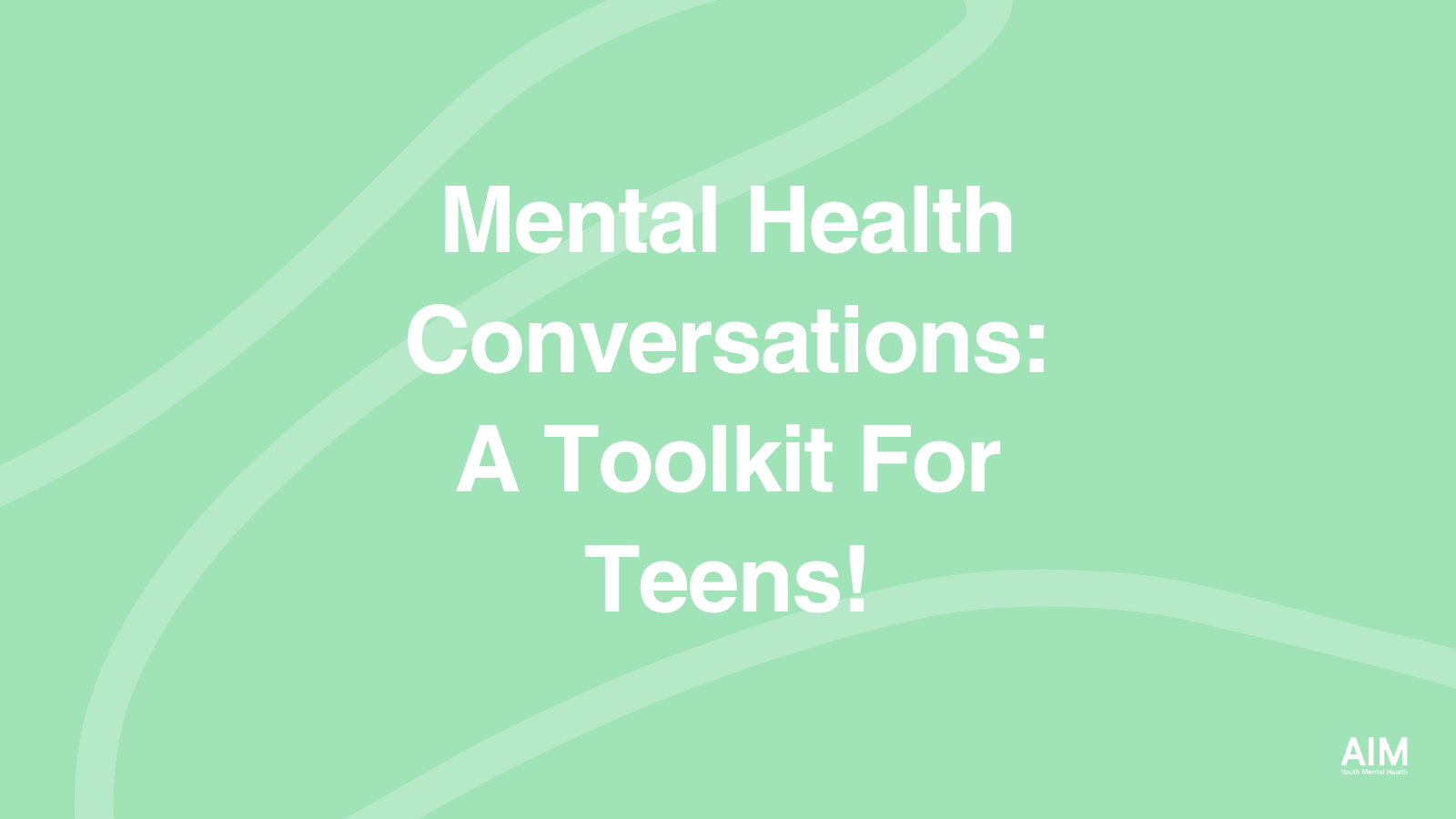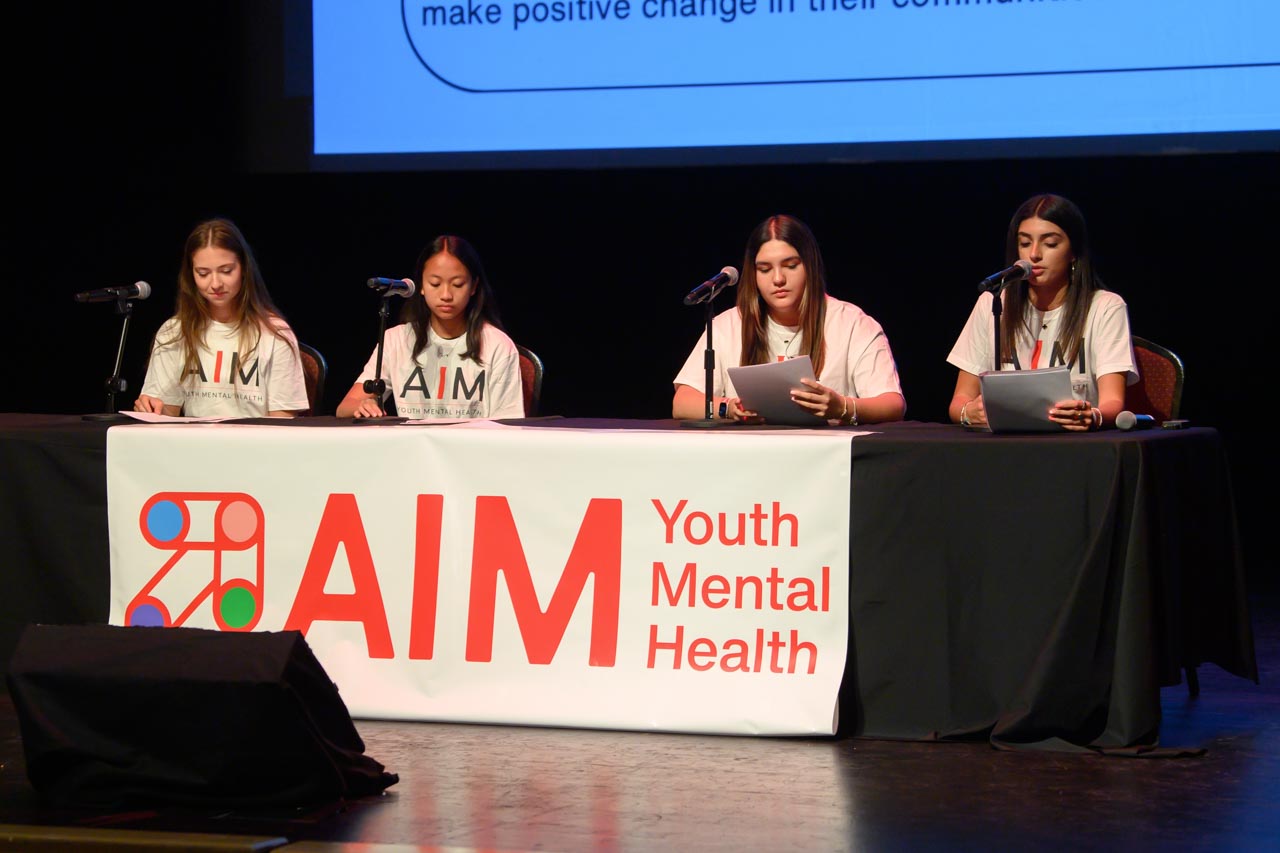By now it’s no secret that far too many young people have been suffering emotionally through this seemingly endless pandemic. But no story I’ve heard quite compares with that of a young man I’ll call Andy.
By Katherine Ellison
Andy and his mother, Sue, live in Wisconsin. I met them by phone earlier this year while reporting for a book about adolescent depression. They told me a story that is sadly not that unusual these days – except for a few unusually dramatic details.
Before the pandemic Andy was doing just fine. He had lots of friends and was getting good grades while swimming on a team that had meets all over the state. He was also an Eagle Scout, which was quite an achievement given that he had been diagnosed with ADHD and identifies as non-binary.
Andy was in his junior year in high school when the COVID lockdowns abruptly ended his swimming practices and meets and Scout activities and in-person classes at school. He was spending many hours alone in his room and spiraling down emotionally. He began to cut and burn his arms, until one day Sue caught him. She revved into action, making dozens of calls, but couldn’t get a therapist’s appointment for him for weeks. Andy kept spiraling, and Sue kept a closer watch, but she couldn’t prevent what happened next.
One afternoon, Andy took Sue’s car and drove an hour away to an expensive clothing store, where he shoplifted a $1000 pair of leather pants. He was caught and charged with a felony, after which he told an officer that he had gone on the spree instead of cutting himself. He spent a weekend in jail while his mother frantically drove back and forth and got back on the phone, calling doctors, therapists, and Andy’s teachers, until she got him out.
I wouldn’t be telling you Andy’s story if it didn’t have a hopeful ending – as much as any of these types of stories ever end. His mom kept pushing and finally got him in to see a psychiatrist, who diagnosed him with bipolar disorder, an illness that is often mistaken for ADHD. The shoplifting charge was reduced to a misdemeanor. School is back in session and Andy has two jobs and is looking forward to graduating. Had his mom not been observant and frantic however, this could have ended quite differently.
I’m guessing that many of you have your own horror stories. But by showing up and getting involved, you’re demonstrating that you’re the kind of parents that Sue and her husband have been – persistent, loving, and eager to educate yourself to help your families survive what can sometimes seem like impossible turmoil.
There are four key lessons I’ve learned in bringing up two vividly neurodiverse kids, and which Sue certainly demonstrated while bravely coping with Andy’s recent crisis.
- Education is key. If you have a child in crisis, you need to understand as much as you can about what’s going on, not least so that you can most effectively search for a therapist and know what sorts of questions to ask. Many of us instinctively turn to the internet for this, and the good news is that there’s more information available than ever before. But always consider the course. Stick with sites ending with.edu, .gov, or .org, because .com stands for commerce, and it’s there you’ll find people who are out to scare you so they can sell you things. Pediatricians are often terrific sources of support and advice; make sure you have a good one you can trust.
- There is no silver bullet. It’s very tempting to believe that a pill or therapist or diet or parenting guide can solve your problems, but if you do so you’re bound to be disappointed. Often what it takes to pull a child out of a crisis is taking a hard look at two complex systems: the way your family operates and the environment at school.
- Don’t neglect self-care. You’ve probably heard this one before, but it doesn’t hurt to be reminded. You’re in for some hard work at a time when you may be terrified and overwhelmed. Try not to take on too much during this time, at work or elsewhere, so that you have the necessary space to focus on your priority during what hopefully will be a very limited period. Make sure you are attending to your own stress, however you do this, with therapy, meditation, or time with friends.
- Remember that the times when your children are behaving most horribly are the times they need you the most. That doesn’t mean giving in to being treated badly by them, but it does mean continuing to let them know you’re on their side. I am in awe of Sue and all the thousands and thousands of other parents who have done what’s needed to pull their children back from the cliff during a time when those cliffs seem steeper and more prevalent than ever before.
___________________________________
About The Author:
Katherine Ellison is a Pulitzer Prize winning journalist and the best-selling author. Some of her books include Buzz: A Year of Paying Attention, The Mommy Brain, AHDH: What Everyone Needs to Know, Loving Learning, and more.
